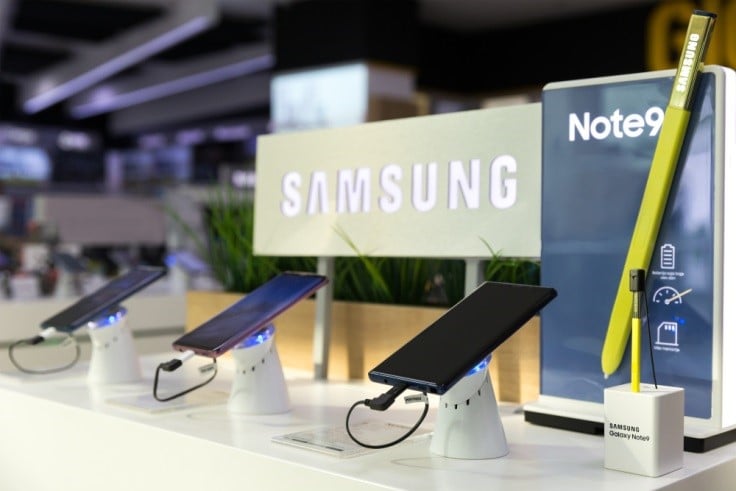
AI-Driven Supercycle: The Future of Smartphones
- Smartphone giants like Samsung, Google, and Honor are embedding AI into devices, predicting a new “supercycle.”
- AI features include real-time translation, photo editing, and conversational summaries.
- Samsung’s Galaxy S24 Ultra leads with generative AI, while Apple hints at joining the trend.
This year, the smartphone industry is buzzing with a bold prediction: the advent of an artificial intelligence (AI) “supercycle.” Companies like Samsung, Google, and Honor are not just talking the talk; they’re walking the walk by equipping their latest devices with AI-driven features. From translating conversations on the fly to capturing and enhancing photos using the magic of generative AI, these innovations are not cloud-dependent but integrated within smartphone chips.
Samsung’s Galaxy S24 Ultra is leading the pack, showcasing generative AI capabilities that allow users to circle objects for instant Google Search results and provide live translation during calls. Google’s Pixel phones and Apple’s rumored next iPhone iteration are also joining the AI bandwagon, aiming to redefine what smartphones can do.
AI Poised to Fuel Next Smartphone Boom: 2023’s Slump to Spark
Recall the last smartphone supercycle? Between 2010 and 2015, the market exploded from 300 million to 1.5 billion units sold annually. Fast forward to 2023, and the industry faced its lowest sales in a decade, with just 1.16 billion units shipped. It’s no wonder the big names are betting on AI to kickstart another era of explosive growth.
Samsung’s HBM3E: 50% Boost; Nvidia’s Revenue Soars 265%
Behind these AI features are the chips that make it all possible. Samsung recently unveiled its HBM3E 12H memory chip, touting it as the industry’s highest-capacity offering. This chip is not just about capacity; it’s about enabling AI’s expansive needs, with performance and capacity boosted by over 50%.
Nvidia, another chip giant, recorded a staggering 265% revenue jump, underscoring the insatiable demand for AI capabilities. However, with growth comes caution, as Nvidia CEO Jensen Huang noted the challenge of sustaining such explosive sales.
As AI continues to evolve, these smartphone technology and chip design advancements signal a transformative period for the industry. With the promise of making our phones smarter and truly intelligent, the anticipation for what’s next has never been higher. Whether this AI-driven supercycle will reach the heights of its predecessors remains to be seen, but one thing is clear: the future of smartphones looks incredibly bright.
The post AI-Driven Supercycle: The Future of Smartphones appeared first on FinanceBrokerage.
